WE’VE BEEN here before, haven’t we? Anyone who remembers the beginning of the Covid quarantine in March 2020 will recall the advice to obtain a week’s food shopping. This led to consumers panicking, rushing to the local ‘super’, and nabbing all the loo roll, babies’ nappies, and dog food. Supermarkets had to ration goods, and there were actual fights in the aisles. A UK friend reported there being no cat food, and her pussy going hungry.
Amid cringe-worthy video footage of people squabbling over full trolleys of Andrex, it gradually emerged that this behaviour was unnecessary. In the supply chain, there was enough product for everybody – if they acted considerately towards other shoppers.
Also, if you’re about to die from plague, pestilence, or war, is having a spotless ‘culo’ really your prime concern? Especially in a country where many people have bidets and can simply use water.
What is the EU directive and who delivered it?
Designed, apparently, to cause “preparedness not panic”, the EU advice – delivered yesterday by Hadja Lahbib, European Commisioner for Preparedness – advises citizens to stockpile enough essential supplies to last minimum 72 hours in a crisis. This could be war, pandemic, extreme weather events, or other emergencies. For example, the severe floods that afflicted Valencia from 29 October, 2024.
In a video that looked like a spoof (the reporter initially thought it was one!), Hadja released a video called ‘What’s in my bag – survival edition’. OK, it’s undeniably amusing – especially when she tries to force a large radio out of a medium-sized bag – but was this appropriate? Was the canned laughter needed? Did people take it seriously? Some clearly did, as a friend in the village bar reported receiving an immediate call from his ‘prima’ asking if he was “prepared”.
“There is less loo roll than usual in Lidl Granada,” said a Brit, shopping today.
The official advice is to stockpile water, tinned foods, vital medicines, place ID documents in a waterproof pouch, and buy a battery-operated long-range radio. Other items include a Swiss army knife, your spectacles (“to see what’s going on – or not”), a battery-powered torch, matches/lighter, an external phone charging bank, and “something to eat because you might be “‘ungry” (sic). Don’t forget to keep cash at home, in case banks and credit cards go “dead”. Finally, obtain some playing cards – in case you’re “bored” during the crisis. The reporter can think of more entertaining pursuits if you’re stuck at home! Get some vino!
Lahbib later admitted that she does not maintain this kit herself, as she’s frequently on the move for her job.
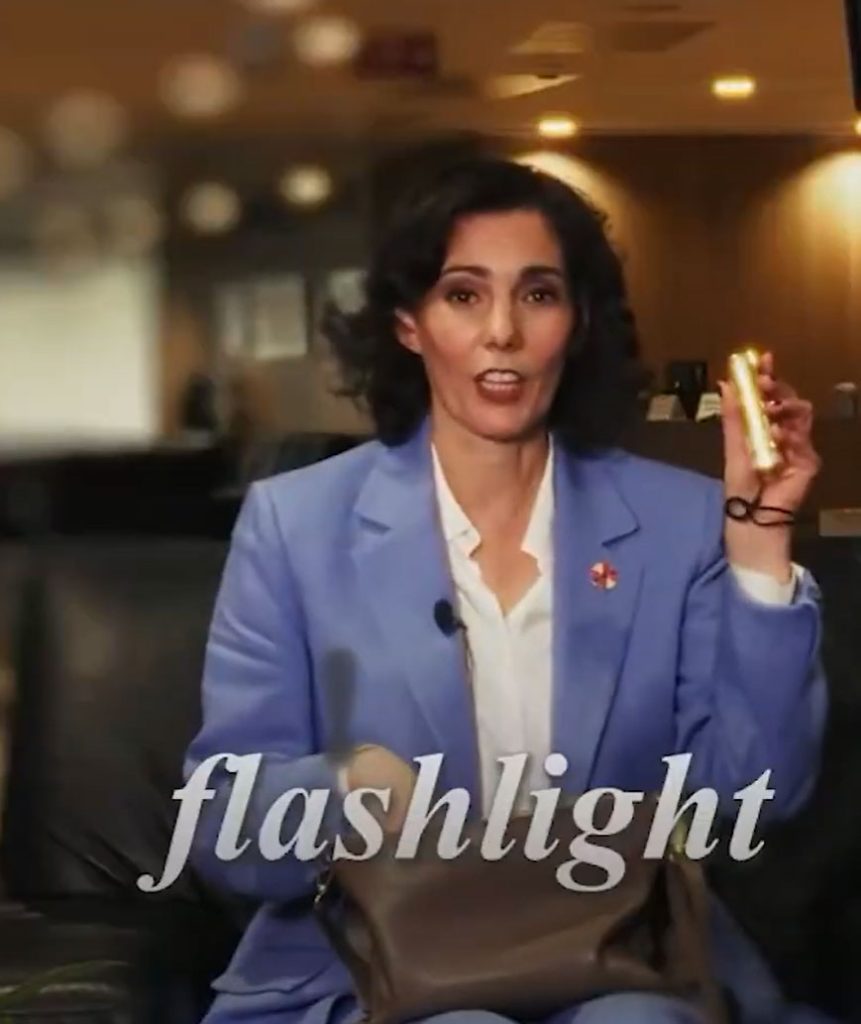
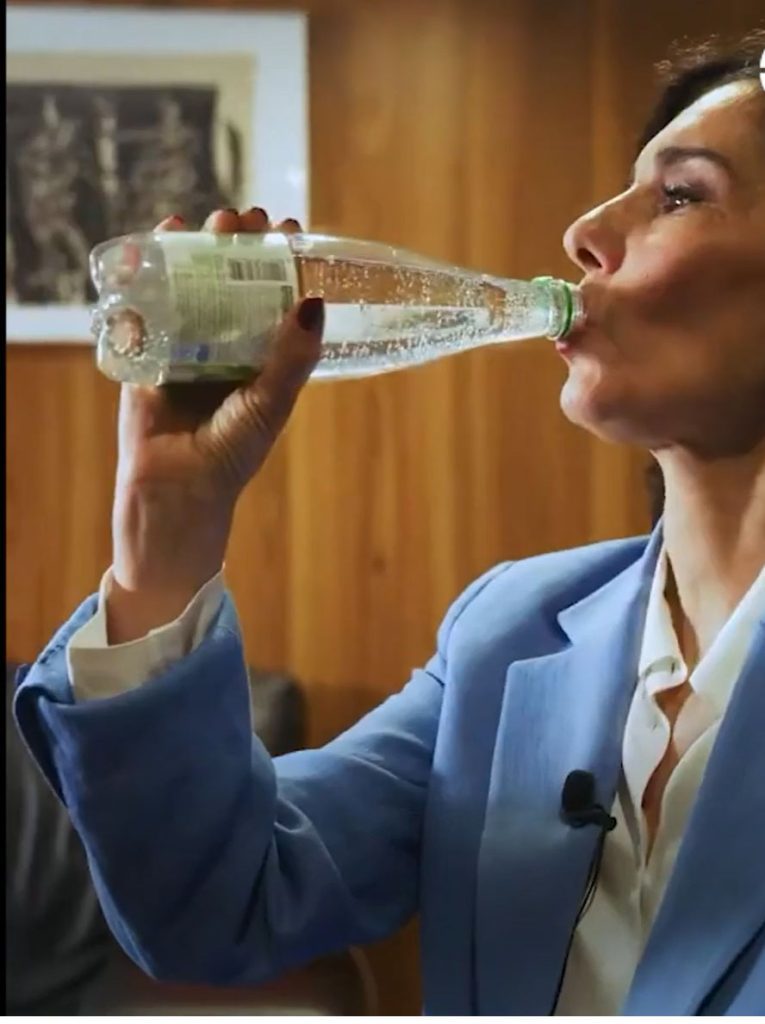
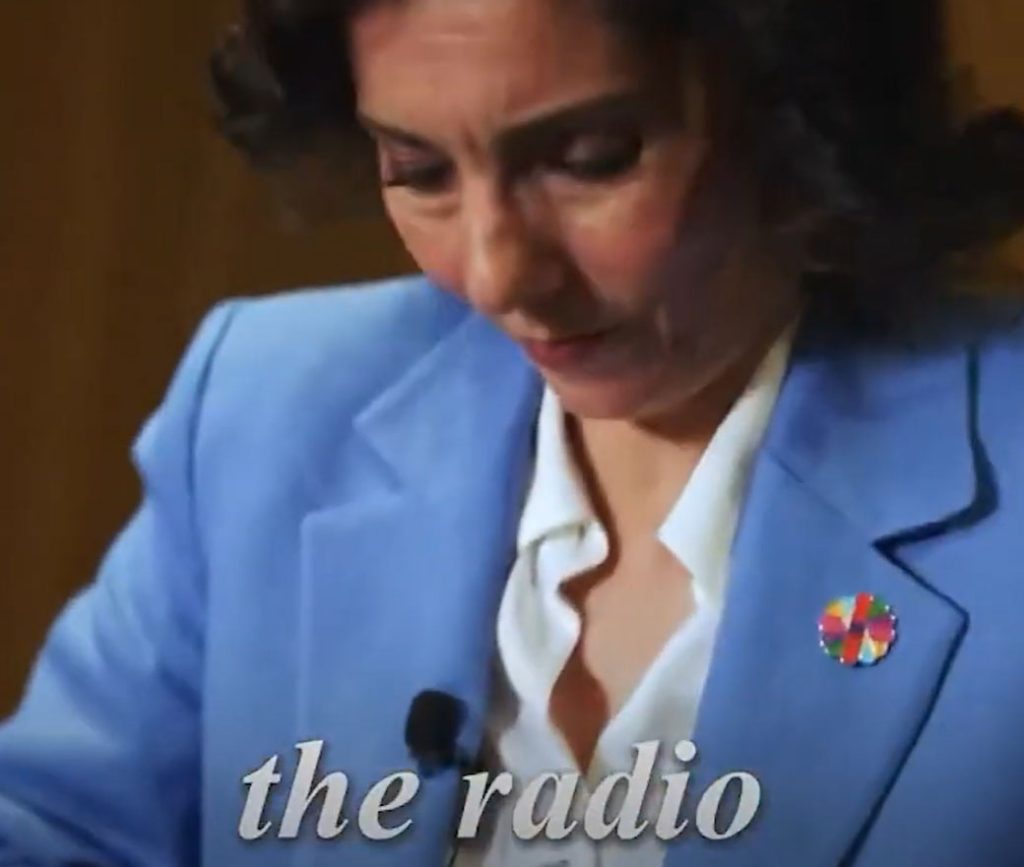
Why is it happening?
Unless you’ve been living in a cave in Sacromonte, it’s blatantly obvious why the EU anticipates a higher threat level.
This directive is clearly fuelled by the war in Ukraine, rising geopolitical tensions, a lack of high-level diplomacy (such as the infamous Trump/Zelensky meeting), and the likes of Trump leaking his own security secrets on Signal. The Trump administration is also showing confrontational approach towards Europe and NATO. These are unstable times, globally.
China is, reportedly, building a huge military bunker to protect its leaders in the event of a war with the US.
Switzerland has a strong reputation for building “gold standard” bunkers, and Germany has a great interest in them – allegedly. Meanwhile, Norway wants to mandate bomb shelters in new builds.
Will we all be bomb-proofing our ‘sotanos’ soon?
Natural advantages of the Sierra Nevada and your rural ‘cortijo’
If we’re hit by crisis, the obvious answer is “run to the hills” – away from people, disease, or flood water. And our ‘hills’ are the largest in the Iberian Peninsular, involving Mulhacen and Veleta.
Those who live off-grid in southern Spain probably have every item in the Preparedness List. It’s what you do, when you live up an unmade forestry track or at altitude. Non-perishable food, potatoes, bottled water, torches, medicines, and army knives are the norm in remote ‘cortijos’ . As are solar energy, petrol generators, vegetable plots, horses, goats, chickens… the list goes on.
One thing that would not be welcome in a crisis (or a remote ‘cortijo’) is an electric car, relying on apps and charging stations using the national grid. The EU advice, with its potential for scaremongering, could be an another potential blow to Elon Musk and Tesla. What a shame, eh.
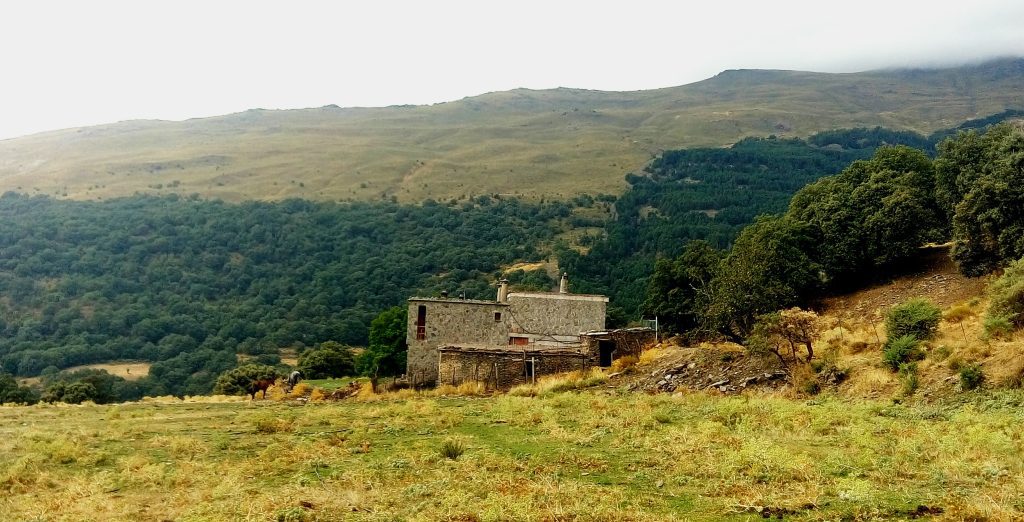
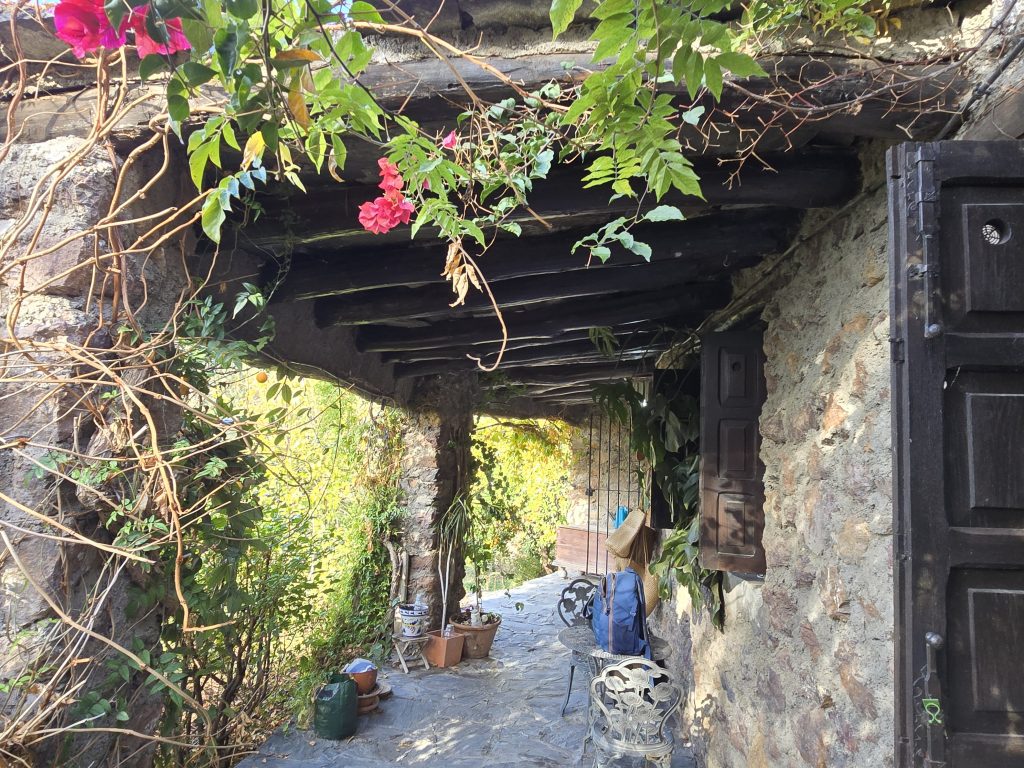
‘
